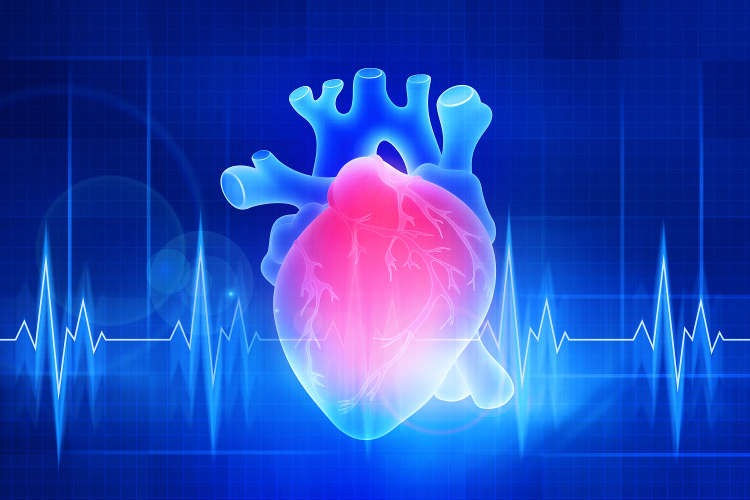Atrial Fibrillation
- Pham Cardiovascular Staff
- Aug 20, 2019
- 1 min read
Updated: May 3, 2023
Atrial fibrillation is an abnormal heart rhythm that affects approximately 2.7-6.1 Million people in the U.S. according to CDC statistics.
Abnormal heart rhythms or arrhythmias are when the heart beats irregularly, rapidly, or slowly. In atrial fibrillation the upper two chambers of the heart pump irregularly in turn affecting the blood flow to the lower chambers of the heart. This can cause clots to form. These clots can break off and travel to the brain, lungs or other organs of the body restricting blood flow to the organ, which can be fatal. Uncontrolled atrial fibrillation can also cause heart failure.
Symptoms
Symptoms of atrial fibrillation vary from person to person. Symptoms include:
Chest pain
Dizziness or feeling lightheaded
Palpitations, irregular or fast heart rate
Feeling short of breath
Weakness or fatigue
Risk Factors
Multiple factors put people at risk for developing atrial fibrillation such as:
Age, the chance of developing atrial fibrillation increases the older you get
Heart valve issues
High blood pressure
Heart attack
Thyroid issues
History of heart surgery
Coronary artery disease
Lung diseases
Sleep apnea
Heart defect
Obesity
Tobacco, alcohol, or drug use
Family history
Treatment
Treatments include medications that thin the blood, decreasing the risk of clots forming, medications that control heart rate, or medications that normalize heart rhythm. If a patient cannot tolerate or does not respond to medications, there are surgical and non-surgical procedures that can be performed. These procedures can restore the heart rhythm to normal or control the heart rhythm.



Comments